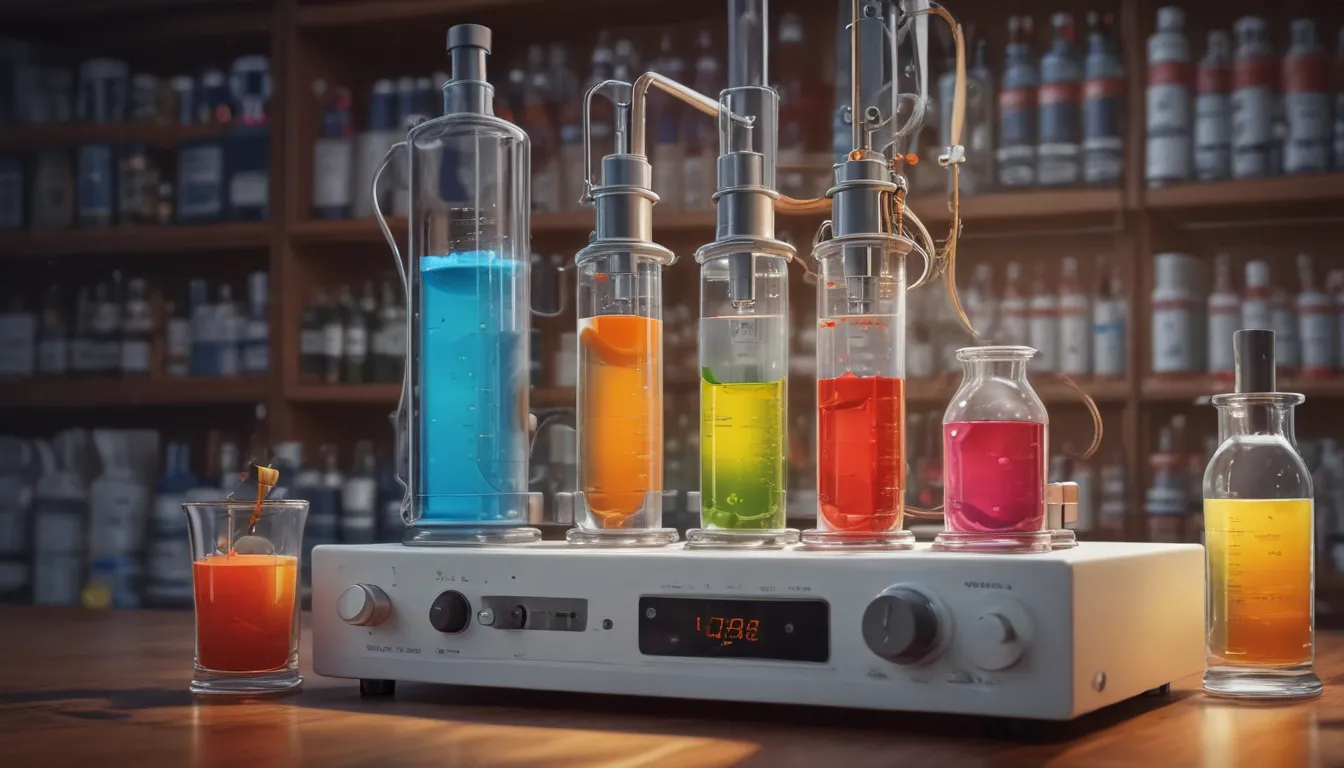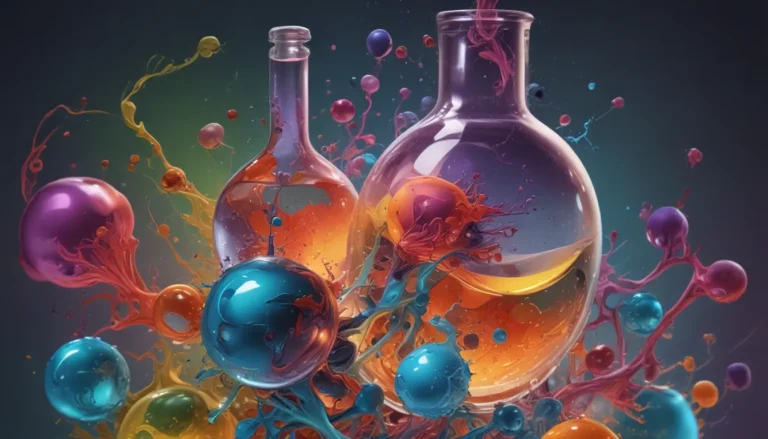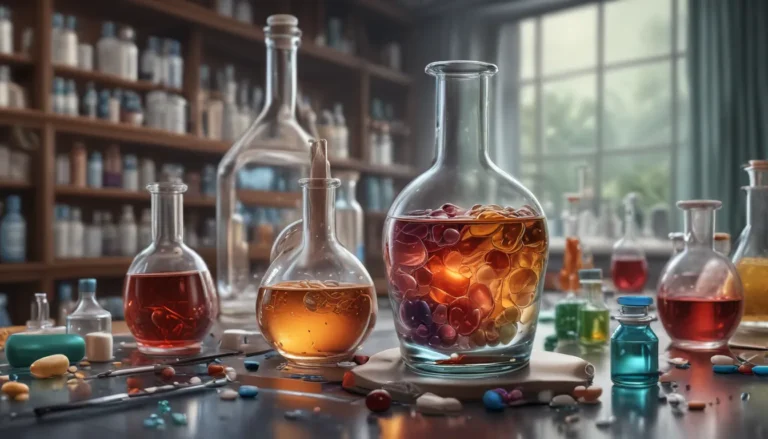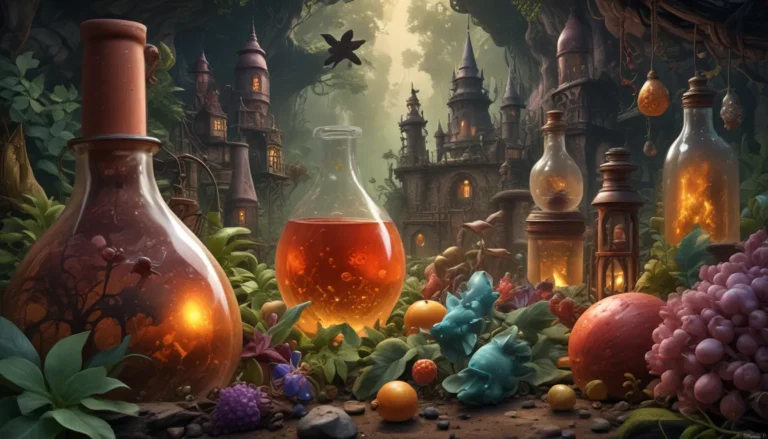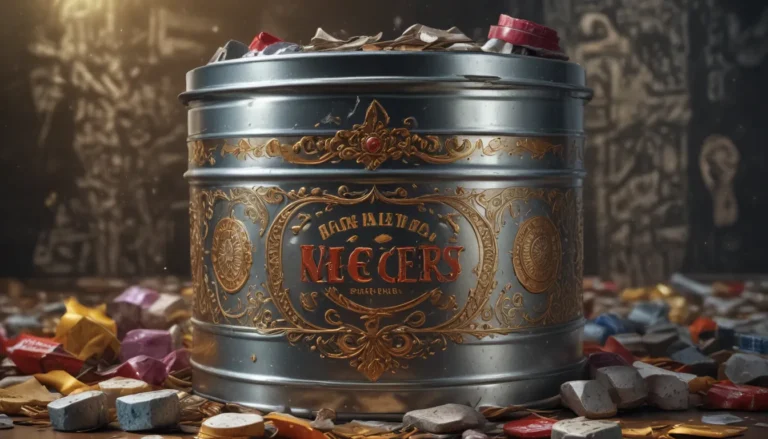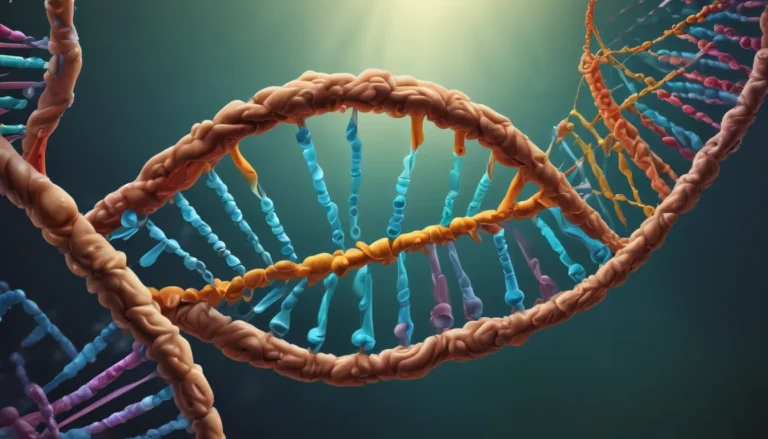A Note About Images: The images used in our articles are for illustration purposes only and may not exactly match the content. They are meant to engage readers, but the text should be relied upon for accurate information.
In the realm of chemistry, High-Performance Liquid Chromatography (HPLC) stands as a versatile and potent analytical technique with the power to separate, identify, and quantify a wide array of chemical compounds. This revolutionary tool has transformed the landscape of substance analysis, providing swift and precise results that have significant implications in various industries.
The Versatility and Impact of HPLC
HPLC serves as a cornerstone in the field of chemistry, offering high resolution, rapid analysis, and diverse modes of separation that make it a trusted and evolving technique in analytical chemistry. Its applications span across industries such as pharmaceuticals, environmental science, food and beverages, and forensic analysis, making it a crucial component in scientific advancements.
Unveiling the Intriguing Facts of HPLC
Embark on a journey through the fascinating world of HPLC as we explore 19 intriguing facts about this analytical technique. Whether you’re a chemistry enthusiast, a student delving into analytical chemistry, or simply curious about the inner workings of this science, these facts will deepen your understanding of HPLC and its significance in the scientific realm.
Delving into the World of HPLC
- HPLC offers higher resolution compared to other chromatographic techniques: With its ability to separate complex mixtures into individual components, HPLC provides superior resolution and sensitivity ideal for research and quality control laboratories.
- HPLC utilizes a stationary phase and a mobile phase for separation: The interaction between the stationary phase and the analytes in the sample, alongside the mobile phase carrying the analytes through the separation column, enables effective separation and selective analysis.
- HPLC is based on the principle of differential partitioning: Differential solubilities in the stationary and mobile phases facilitate the separation of components, allowing for selective analysis in HPLC.
- HPLC offers different modes of separation: Whether it’s reverse phase, normal phase, ion exchange, size exclusion, or affinity chromatography, HPLC provides a range of separation modes tailored to specific analysis needs.
- HPLC can be coupled with other techniques for enhanced analysis: Integration with mass spectrometry or UV-Vis spectroscopy enhances structural information about separated components, boosting accuracy and specificity in analysis.
The Transformative Applications of HPLC
- HPLC is widely used in the pharmaceutical industry: From drug development to quality control, HPLC plays a pivotal role in ensuring the safety and efficacy of pharmaceutical products.
- HPLC can separate enantiomers: Enabling the individual characterization of mirror-image isomers, HPLC is capable of separating chiral compounds with precision and accuracy.
- HPLC is highly precise and reproducible: Standardized protocols and quality control measures ensure consistent and reliable results, making HPLC a trusted analytical technique.
- HPLC involves the use of detectors for compound detection: UV-Vis absorbance detectors, fluorescence detectors, refractive index detectors, and mass spectrometry detectors aid in detecting and quantifying separated components.
- HPLC can be used for method development and optimization: By fine-tuning column selection, mobile phase composition, and separation conditions, analysts can optimize HPLC methods for optimal separation and resolution.
The Evolution and Future of HPLC
- HPLC allows for quantification of compounds at low concentrations: With high sensitivity and detection limits, HPLC accurately quantifies compounds even in low concentrations within complex matrices.
- HPLC is a versatile technique for impurity analysis: From pharmaceutical formulations to environmental samples, HPLC effectively identifies and quantifies impurities, serving as a valuable tool for analysis.
- HPLC continues to evolve with technological advancements: From new stationary phases to automation integration, HPLC constantly adapts to meet evolving demands in analytical chemistry, pushing the boundaries of scientific understanding.
Unveiling the Magic of HPLC
High-Performance Liquid Chromatography brings a world of wonder and precision to the realm of analytical chemistry. Its ability to uncover hidden truths and provide invaluable insights has cemented its role as a cornerstone in scientific exploration. With each advancement and discovery, HPLC propels us further into the mysteries of chemical analysis, shaping the future of science with its unparalleled accuracy and reliability.
FAQs – Your Guide to Understanding HPLC
- What is high-performance liquid chromatography (HPLC)? HPLC is an analytical technique used to separate, identify, and quantify compounds in a mixture based on their interactions with a solid stationary phase and a liquid mobile phase.
- What is the difference between HPLC and other chromatographic techniques? HPLC offers higher resolution, faster analysis time, and improved sensitivity compared to other chromatographic techniques.
- What are the common applications of HPLC? HPLC is widely used in pharmaceutical analysis, environmental monitoring, food and beverage testing, forensic analysis, and quality control.
- What does the HPLC system consist of? The HPLC system comprises a pump, injector, column, detector, and data recording and analysis system.
- What factors affect the separation efficiency in HPLC? Column type, stationary phase, mobile phase composition, flow rate, temperature, and pH can all affect separation efficiency in HPLC.
- How can I optimize an HPLC method? Adjustments to parameters such as column dimensions, mobile phase composition, gradient program, and detection wavelength can optimize an HPLC method.
- Why is sample preparation important in HPLC? Proper sample preparation techniques, including filtration and derivatization, are crucial for ensuring accurate and reliable results in HPLC analysis.
Journey into the World of HPLC
Explore the wonders of High-Performance Liquid Chromatography and unlock the secrets of precise chemical analysis. With each revelation and discovery, HPLC shines as a beacon of accuracy and reliability in the ever-evolving landscape of analytical chemistry. Dive into the realm of HPLC and witness the magic of scientific exploration unravel before your eyes.
